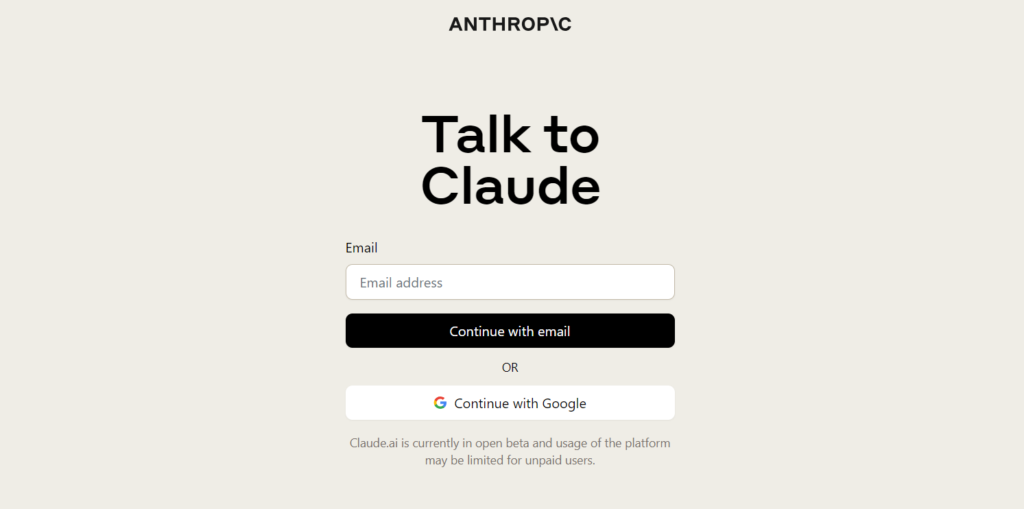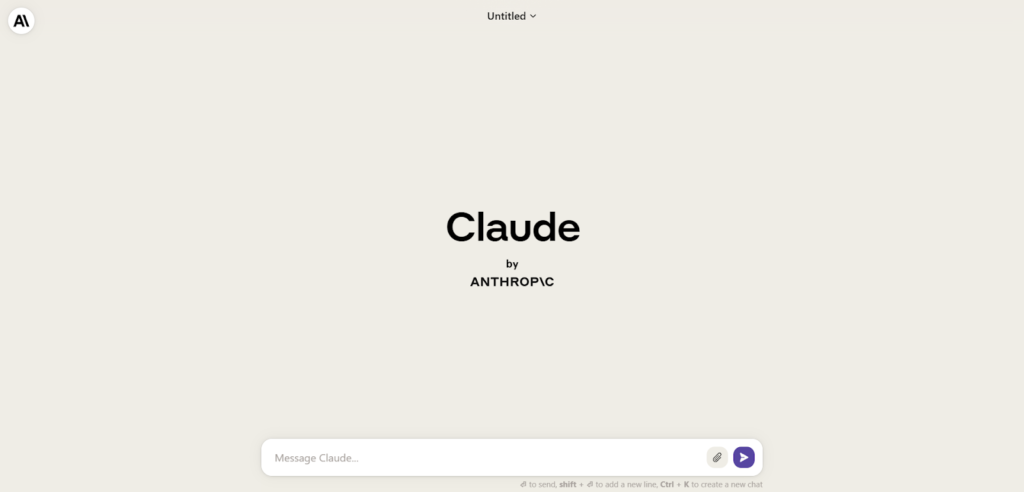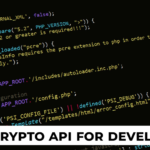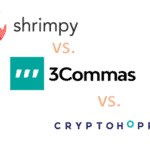On 30th November, OpenAI launched its best product in the market, ChatGPT. This was a breakthrough in the field of artificial intelligence, as ChatGPT demonstrated the ability to generate coherent and engaging conversations on various topics. The public was amazed by the naturalness and fluency of ChatGPT, and many people started to use it for entertainment, education, and research purposes. However, ChatGPT was not the only chatbot that emerged in the market. Soon after, a new company called Anthropic released its own AI chatbot named Claude, which claimed to be better than ChatGPT in some aspects. In this article, we will compare and contrast Claude and ChatGPT and examine how they work, what makes them different, and the potential applications and implications of these new technologies.

Table of Contents
What is Claude AI?
Claude AI is a large language model (LLM) developed by Anthropic. It is trained on a dataset of text and code that is 100 times larger than the dataset used to train ChatGPT. This means Claude AI better understands the world and can generate more comprehensive and informative text.
Claude AI can be used for various tasks, including
- Generating text, translating languages, and writing different kinds of creative content.
- Answering your questions in an informative way, even if they are open-ended, challenging, or strange.
- Generating different creative text formats, like poems, code, scripts, musical pieces, emails, letters, etc.
Claude AI is still under development, but it has already been shown to be capable of generating text that is more comprehensive and informative than text generated by other LLMs.
Here are some of the critical features of Claude AI:
- It is trained on a massive dataset of text and code.
- It can generate text, translate languages, and write different kinds of creative content.
- It can answer your questions in an informative way, even if they are open-ended, challenging, or strange.
- It is still under development, but it has already been shown to be capable of generating text that is more comprehensive and informative than text generated by other LLMs.
Here are some uses of Claude AI:
- Content creation: Claude AI can be used to generate text for various purposes, such as essays, poems, scripts, and even books.
- Translation: Claude AI can be used to translate text from one language to another.
- Customer service: Claude AI can be used to answer customer questions and provide support.
- Education: Claude AI can be used to create educational materials, such as textbooks and interactive learning modules.
- Research: Claude AI can be used to research various topics and generate reports.
Overall, Claude AI is a powerful LLM that has the potential to be used for a variety of tasks. It is still under development, but it has already shown promise. I believe that Claude AI has the potential to revolutionize the way we interact with computers and the way we create and consume content.
Claude AI vs ChatGPT

Claude AI and ChatGPT are two of the most popular and advanced AI chatbots available today. They both use large language models (LLMs) to generate natural language responses to user prompts, but they have some key differences in their features, capabilities, and limitations. In this article, we will compare Claude AI and ChatGPT based on the following criteria: availability, price, training data, token limit, chat history, VPN support, and LLM.
- Availability: ChatGPT is available in 159 countries, while Claude AI is currently only available in the US and UK. However, Claude AI plans to expand its service to more regions in the future.
- Training data: ChatGPT was trained on 570 GB of data from books, websites, news articles, journals, and other sources dating to September 2021. Claude AI was trained on a larger dataset that includes data up to December 2022. This means Claude AI can access more up-to-date information and handle more recent topics and events.
- Token limit: A token is a unit of text that an LLM can process at a time. The token limit determines how long the user prompts and the chatbot responses can be. ChatGPT has a token limit of 4,096 for GPT-3.5 and 8,192 for GPT-4. Claude AI has a token limit of 9,000 for Claude 1.3 and 100,000 for Claude 2. Claude 2, the latest version of Claude AI, has a larger context window and can handle longer and more complex prompts.
- LLM: ChatGPT uses GPT-3.5, which has 175 billion parameters, and GPT-4 has 1 trillion parameters, while GPT stands for Generative Pre-trained Transformer, which is a type of neural network architecture that can generate text based on previous text input. Claude AI uses its own LLM called Claude, which is trained using a technique called Constitutional AI. Constitutional AI aims to produce AI systems aligned with human values and goals from inception by using human feedback as a guiding principle.
- Coding: Claude 2 AI has much better results in the coding test than ChatGPT. The code generated by Claude AI is 5-10% more detailed and optimized for the system.

- Language: In terms of language, Claude AI only supports English, but ChatGPT supports more than 100 languages. This makes ChatGPT much easier to use for locals.
- Price: ChatGPT has a free and paid version called ChatGPT Plus. The free version uses GPT-3.5, which is a smaller and less powerful LLM than GPT-4, which is only available with ChatGPT Plus. ChatGPT Plus costs $20 monthly and offers more features and functionality than the free version. Claude AI, on the other hand, is completely free to use and does not require any subscription or registration.
- Document Scanning: GPT-4 has a feature called code interpreter in which you can upload any PDF, documents, etc., and extract data from that. But GPT-4 is paid, and ChatGPT has no such features. On the other hand, Claude AI is completely free and has document uploading options on which you can upload up to 5 with each size of 10MB, which is incredible.
Claude AI and ChatGPT are impressive AI chatbots that can perform various tasks and provide engaging and informative conversations. However, Claude AI has some advantages over ChatGPT in terms of availability, price, training data, token limit, VPN support, and LLM. Therefore, we recommend Claude AI as the better choice for everyday tasks.
Conclusion
Claude AI and ChatGPT are two impressive conversational AI systems that have captured the public’s attention. While they share some similarities in being large language models that can engage in natural conversations, they have some essential differences that make each model unique. Claude AI’s advantages in training data, token limit, coding quality, completely free access, and document scanning capabilities make it stand out as a competent AI assistant suitable for everyday use. However, ChatGPT still holds an edge in wider availability across countries and languages supported. As both models continue to be developed and improved over time, we can expect even more advanced functionalities and applications. The emergence of Claude AI provides healthy competition to push the boundaries of what conversational AI can achieve. Both Claude and ChatGPT are groundbreaking innovations that give us a glimpse into the future of AI’s transformative potential across many aspects of life.
Frequently Asked Questions
1. What is the main difference between Claude AI and ChatGPT?
The main difference is that Claude AI was trained on a larger dataset more recently compared to ChatGPT. This allows Claude to have more up-to-date information and handle longer more complex prompts.
2. Which chatbot has access to more current information?
Claude AI has access to more current information since it was trained on data up until December 2022, while ChatGPT’s training data only goes up to September 2021.
3. Does Claude AI or ChatGPT support more languages?
ChatGPT supports over 100 languages, while Claude AI only supports English at the moment. ChatGPT has wider language capabilities.
4. How do the token limits compare between Claude and ChatGPT?
Claude has higher token limits of 9,000 and 100,000 compared to ChatGPT’s 4,096 and 8,192 token limits. This allows Claude to handle longer prompts.
5. Which chatbot generates better quality code?
In coding tests, Claude AI generates 5-10% higher quality and more optimized code compared to ChatGPT.










